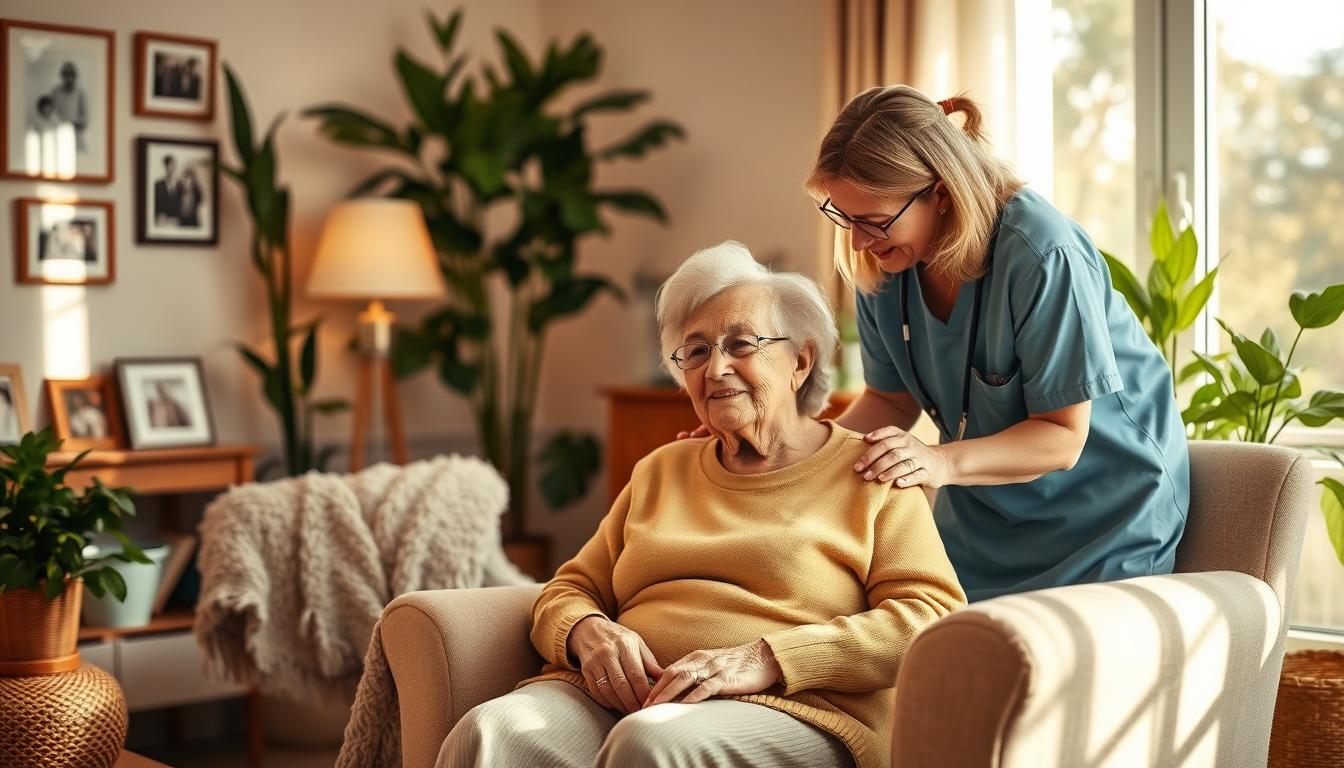The Essence of Elderly Home Care
The journey of aging brings with it wisdom, stories, and memories that shape families and communities. However, it also introduces challenges that require care, patience, and understanding. Elderly home care serves as a bridge between independence and support, allowing seniors to live with dignity within the comfort of their own homes. This form of care focuses on enhancing quality of life by addressing physical, emotional, and social needs while maintaining a familiar environment that fosters security and peace of mind.
Families often face difficult decisions when their loved ones require assistance. Placing elders in nursing facilities may not always align with their preferences or emotional well-being. Home care emerges as a compassionate solution, offering professional assistance tailored to individual needs. Whether it involves medication management, daily living support, or companionship, elderly home care ensures that aging loved ones are not just cared for but also respected and valued for their life experiences and individuality.
The Role of Caregivers in Promoting Wellbeing
Caregivers play a crucial role in elderly home care, acting as both professionals and companions. They are the heart of the service, ensuring that seniors receive attention that goes beyond physical assistance. Their presence provides emotional stability and a sense of belonging to those who may otherwise feel isolated. Caregivers help manage personal hygiene, prepare meals, and offer mobility assistance, but their real contribution lies in forming meaningful connections that uplift the spirits of the elderly.
A dedicated caregiver brings patience, empathy, and a nurturing attitude to every interaction. Through genuine care and consistent support, they help alleviate anxiety, depression, and loneliness—issues that often affect seniors living alone. Moreover, caregivers become the bridge between medical professionals and families, observing and reporting any changes in health conditions. Their involvement ensures early detection of potential health issues and enables timely interventions, making elderly home care not only comforting but also life-sustaining.
The Advantages of Home-Based Care
The benefits of elderly home care extend far beyond convenience. For many seniors, staying in their own homes helps preserve their identity and independence. Familiar surroundings can significantly reduce confusion and stress, especially for individuals suffering from memory-related conditions like dementia or Alzheimer’s disease. Home care allows them to maintain a sense of control over their daily routines, which plays an essential role in sustaining mental health and emotional balance.
Furthermore, personalized care plans ensure that each individual receives the level of assistance that best fits their situation. Some may require full-time medical support, while others may only need part-time help with household chores or transportation. This flexibility makes elderly home care both practical and cost-effective compared to institutional care. It also promotes stronger family involvement, as loved ones can participate more actively in caregiving responsibilities, strengthening the bond between generations and nurturing mutual respect and understanding.
The Emotional and Social Impact of Home Care
The emotional well-being of seniors is just as important as their physical health. Isolation and loneliness can lead to serious psychological issues, but elderly home care helps counter these challenges through companionship and consistent engagement. Regular interaction with caregivers and family members provides seniors with a renewed sense of purpose. Many caregivers encourage activities such as reading, light exercise, and hobbies, which help maintain cognitive function and improve mood.
Social connection also plays a major role in preventing the decline associated with aging. Home care enables elders to remain part of their communities, whether through local visits, video calls with loved ones, or participation in virtual social groups. This continued interaction nurtures joy and mental stimulation, both of which contribute to overall longevity. The care received at home often creates a circle of trust, where seniors feel valued and safe, making every day a meaningful experience filled with human warmth and compassion.
The Future of Elderly Home Care
As global populations age, the demand for home-based elder care continues to grow. Advancements in technology have already begun transforming this field, offering innovative solutions that make caregiving more efficient and personalized. From wearable health monitors to smart home systems that track movement and medication schedules, technology supports caregivers and enhances the safety of seniors. These innovations enable real-time communication between families, caregivers, and healthcare providers, ensuring immediate response to emergencies and improved coordination of care.
Moreover, societal attitudes toward aging are shifting, with greater emphasis placed on maintaining independence and dignity. The integration of holistic approaches—such as mental health support, physical therapy, and nutrition management—has made elderly home care more comprehensive than ever before. Communities and governments are also recognizing the importance of home-based care, leading to policies and programs that support families financially and emotionally in their caregiving roles. The future of elderly home care lies in balancing compassion with innovation, ensuring that every senior can age gracefully in a familiar, loving environment.
